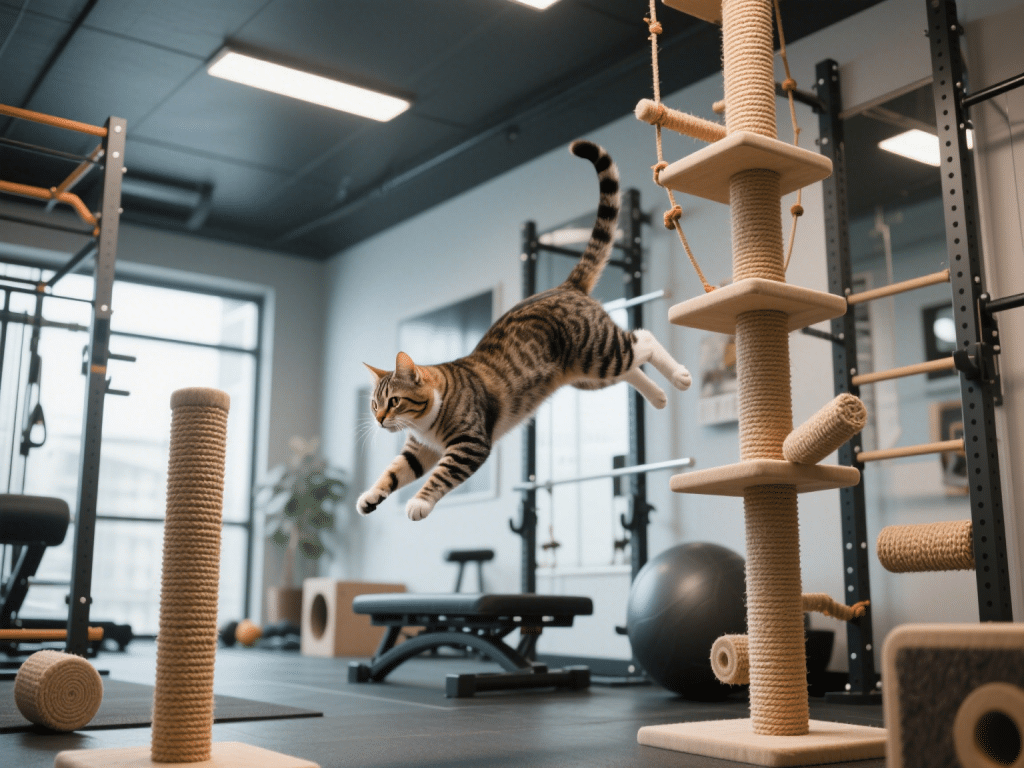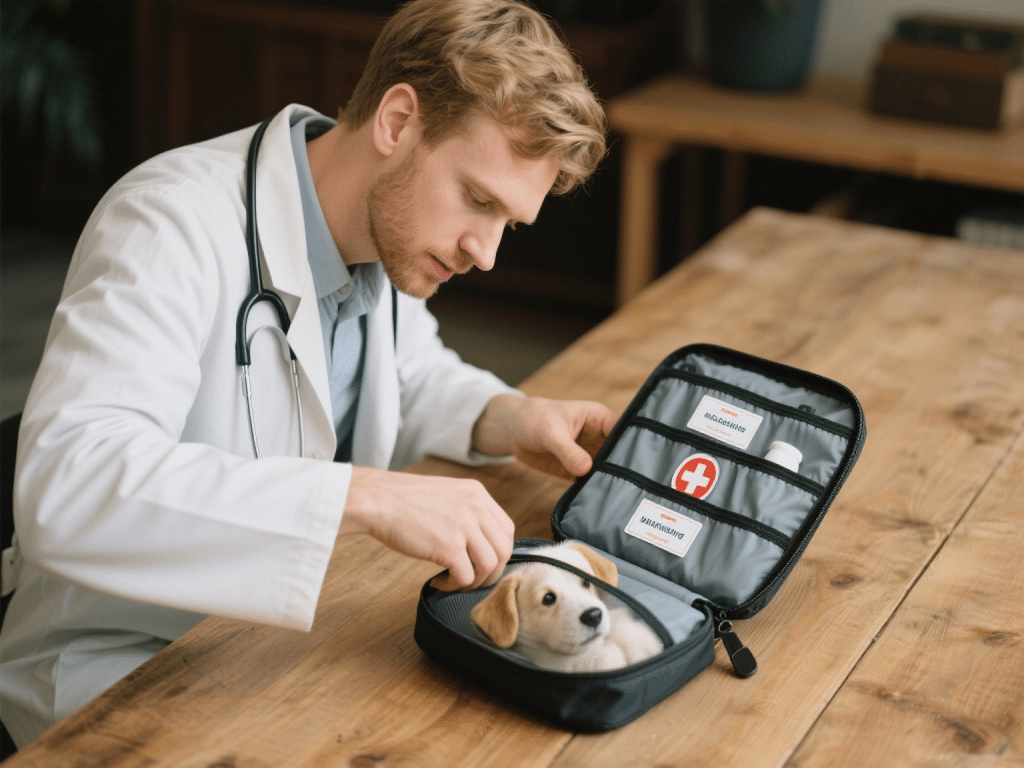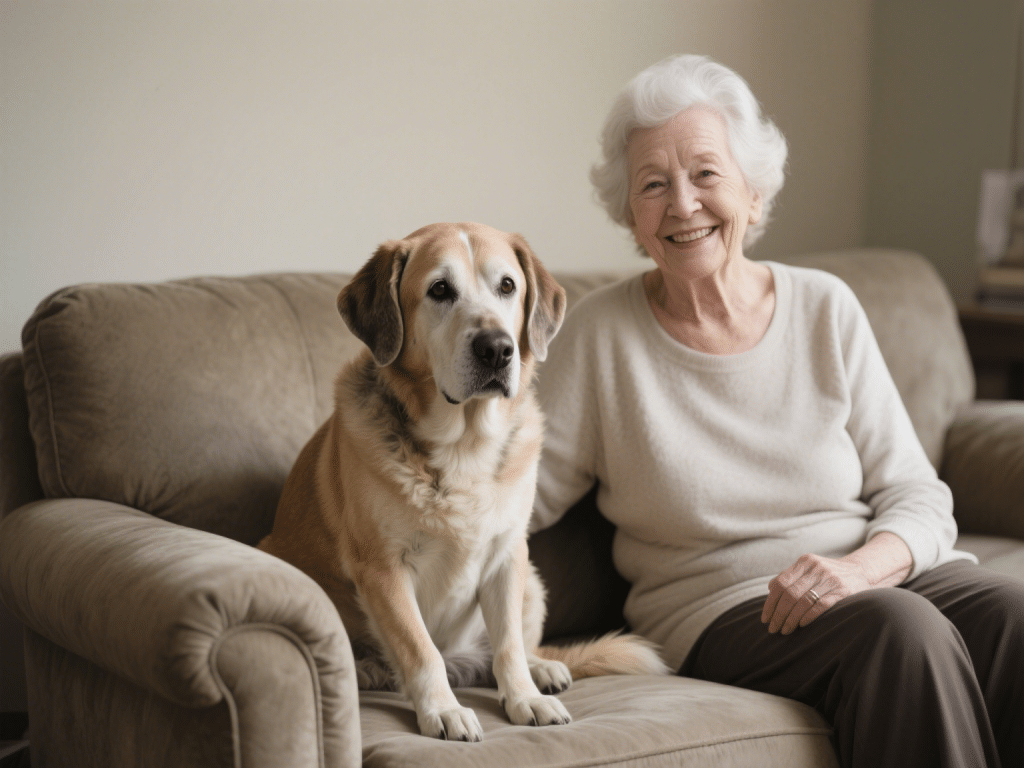
How to Keep Your Indoor Cat Physically Fit: Exercise Routines & Tools
Indoor cats often struggle to match the activity levels they’d naturally achieve outdoor...

As a certified veterinary technician and passionate dog owner, I’ve seen firsthand how a well-stocked first aid kit can make all the difference during canine emergencies. From minor scrapes to accidental ingestion, being prepared saves precious minutes. Below is a complete checklist of essential items every dog owner should have on hand.
Sterile Gauze Pads & Rolls: For covering cuts and controlling bleeding.
Non-Stick Bandages & Tape: To secure dressings without pulling fur.
Antiseptic Wipes or Solution: Chlorhexidine-based wipes are gentle and effective.
Digital Thermometer: A flexible-tip thermometer to accurately check your dog’s temperature (normal range: 100.5–102.5°F).
Tweezers & Splinter Forceps: For removing splinters, ticks, or foreign material.
Scissors with Blunt Tips: To safely cut bandages.
Hydrogen Peroxide (3%): To induce vomiting under veterinary guidance if ingestion of toxins occurs.
Styptic Powder: For quick clotting if nails or minor wounds bleed.
Burn Cream & Antibiotic Ointment: Vet-approved formulations to prevent infection.
Elastic Bandage (Vet Wrap): For sprains or as a pressure bandage.
Muzzle or Soft Cloth: To safely restrain a frightened or injured dog.
Small Towel or Blanket: Multi-use as a stretcher or calming wrap.
Instant Cold Pack: For swelling or bruising.
Disposable Gloves: To maintain hygiene and protect you.
Pet Medical Records & Emergency Contacts: Waterproof pouch with vaccination records, microchip information, and your veterinarian’s phone number.
Store all supplies in a durable, waterproof container. Keep it accessible—in your home, car, and if possible, a smaller travel version in your go-bag. Check expiration dates quarterly, and replenish used items immediately.
Having this first aid kit not only equips you to handle minor emergencies confidently but also demonstrates your commitment to proactive canine care. Always follow up with professional veterinary care after administering first aid—your vet can assess any hidden complications and provide definitive treatment.

Indoor cats often struggle to match the activity levels they’d naturally achieve outdoor...

Over the years, I’ve had the privilege of caring for multi‑cat households and studying...

Shell pyramiding—raised, pyramid-shaped scutes—occurs when land tortoises experience i...

Introducing a new animal into a household with established pets can spark anxiety, territo...

Dogs are inherently curious, and without proper mental stimulation, even the happiest pets...

IntroductionObesity affects up to 25% of domestic cats and can lead to diabetes, arthritis...
Comments on "Essential First Aid Kit Items Every Dog Owner Needs" :